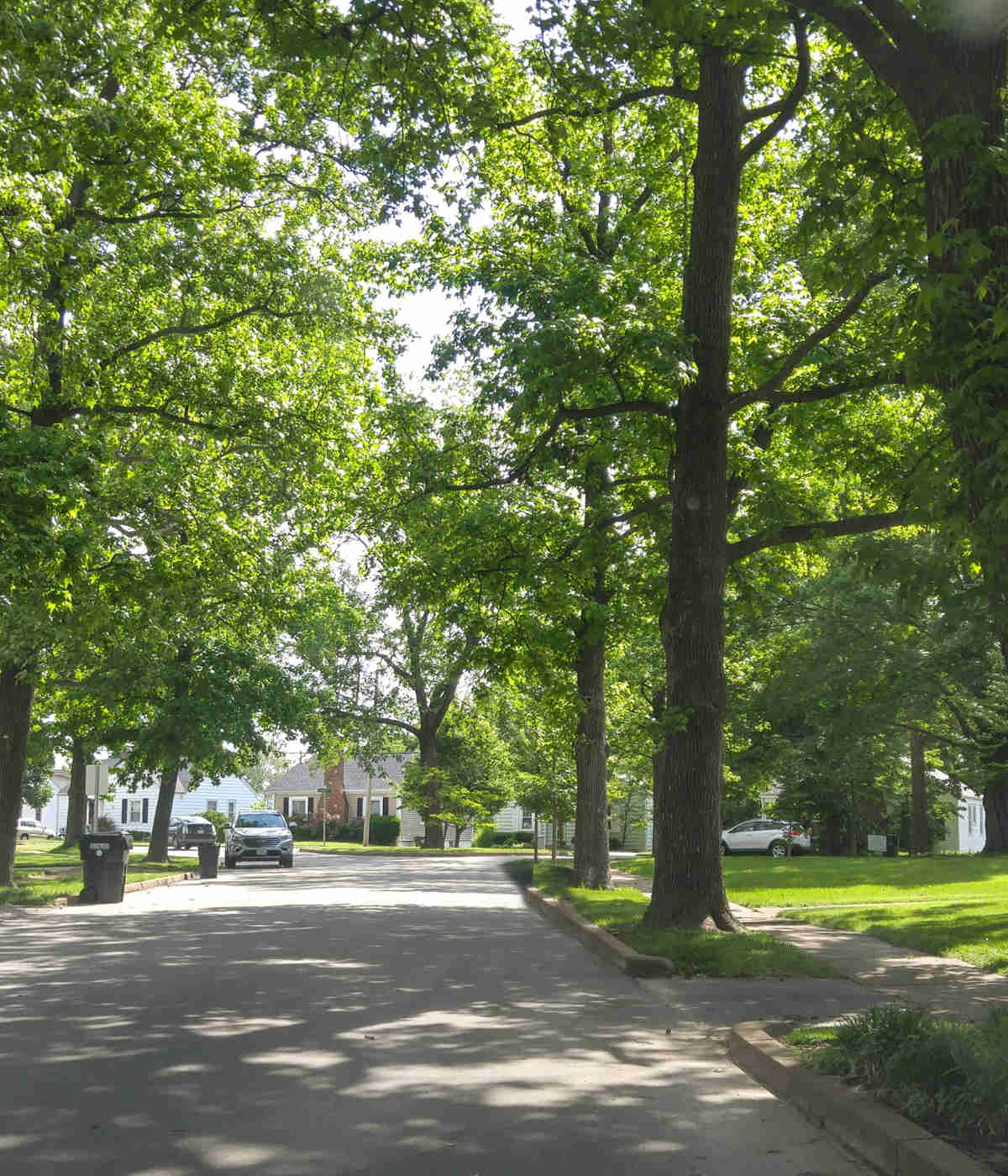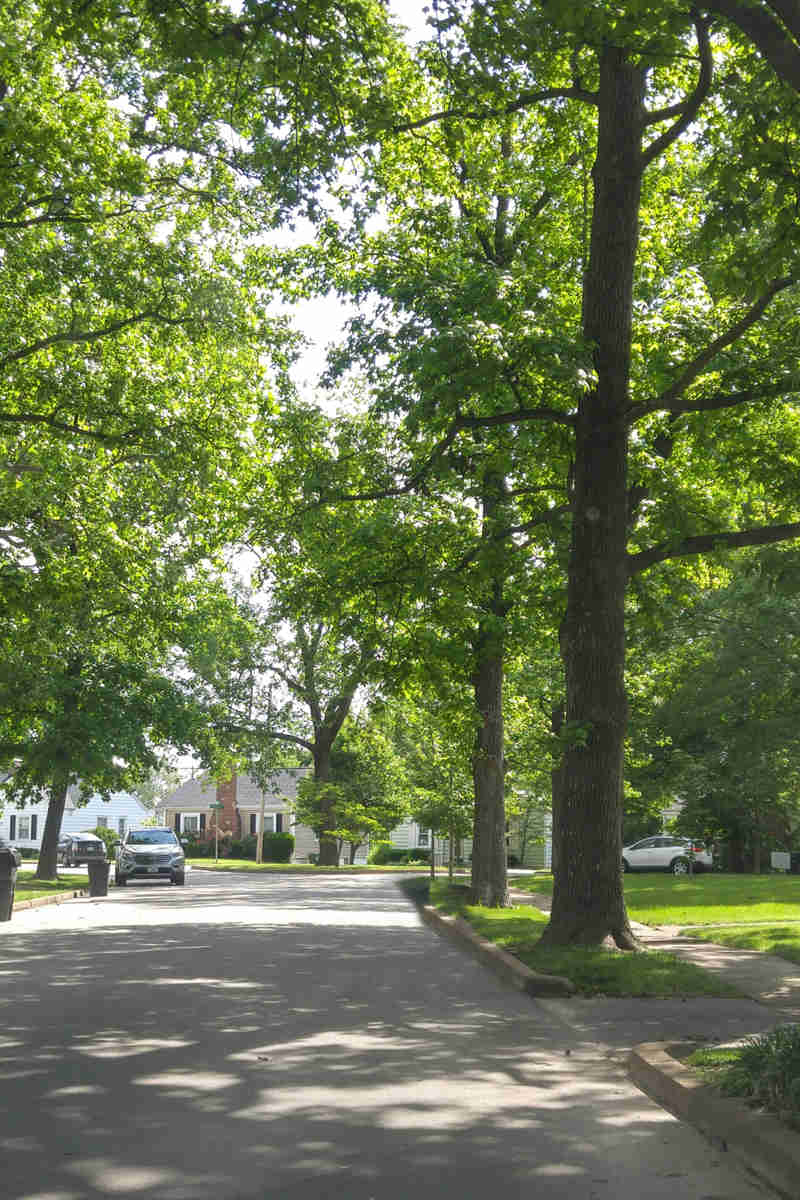As we get into the fall months, you might think you’re done worrying about insects on your beloved trees.
Think again. There are some insects that actually like this cooler time of year. And one of them is the winter moth.
This invasive insect actually came to the U.S. from Europe. You are most likely to find it in late fall and early winter here in Massachusetts, as well as Rhode Island, Maine, Washington, and Oregon.
Let’s learn a little bit more about the winter moth in Massachusetts, the damage it can cause, and how you can help prevent it from attacking your trees in Needham, Concord, Danvers, Cape Cod, and the surrounding areas.
Winter Moth Identification
Depending on what stage of growth winter moths are in, you’ll see it in different forms.
In late fall and early winter, you might see it as a light brown to white adult moth with fringe wings. It might even be attracted to your lights and holiday decor. This is how they got their name!
In March and April, though, winter moths may look like tiny green caterpillars with singular white stripes on the sides of their bodies. In higher populations brown caterpillars may also be seen.
Life Cycle
When winter moths are small and in the early spring, they have just hatched. At this time they will be about the size of an eyelash and may even appear dark in color.
From there, they spin strands of silk that help them use air currents to take them to tree canopies in a process known as “ballooning”. Then they feed on tree buds and early leaves. The damage can be anywhere from small holes in the leaves to near defoliation.
After feeding Winter moth caterpillars will then drop from trees in mid-June to migrate into the soil to pupate and emerge as moths in November or December. The winter moth mating cycle begins in November or December when the females climb trees or buildings and send out pheromones to attract flying males. Then, females lay egg clusters under tree bark or crevices.
Susceptible Plants In Massachusetts
Which trees do you have to worry about most when it comes to winter moths in Massachusetts?
This is important to know to help you keep track of these pests.
Winter moths feed on many deciduous trees here in the Bay State, including maples, many oak species, crabapples, as well as apple trees. Damage on evergreens is rare, but most likely to occur on Stika spruce.
Symptoms Of Winter Moth Infestation
When you’re looking for winter moth damage, the first thing most people notice is defoliation of their susceptible trees in spring.
This is because the newly hatched winter moth caterpillars burrow into tree buds and feed on them before they open, moving to other buds as they finish dining on the previous ones.
Winter moths may completely defoliate trees during heavy infestations. Healthy trees, however, can put out a second set of leaves, but they still experience severe stress.
If you are concerned that your trees have a winter moth infestation, you can check your susceptible trees in early to mid-April, looking for little green inchworm caterpillars.
Winter Moth Management & Control
When you have trees that are stressed out from winter moth damage, you want to make sure you care for them properly.
Proper irrigation helps ease tree stress. Make sure your susceptible trees are being watered correctly; they may need a bit more irrigation than normal.
For treatment, a Massachusetts Certified Arborist can apply dormant oil sprays in spring to the egg masses on tree trunks and lower branches. This can be combined with other insecticide treatments applied to young larvae. Insecticidal oils can help kill eggs before they hatch. Since applications vary in effectiveness, hiring an arborist who knows how to handle winter moths in Massachusetts is recommended in fighting this pest.
At Hartney Greymont, we have local arborists throughout Massachusetts located in Needham, Concord, Danvers, Cape Cod, and the surrounding areas to monitor the health of your trees for early signs of infestations.



